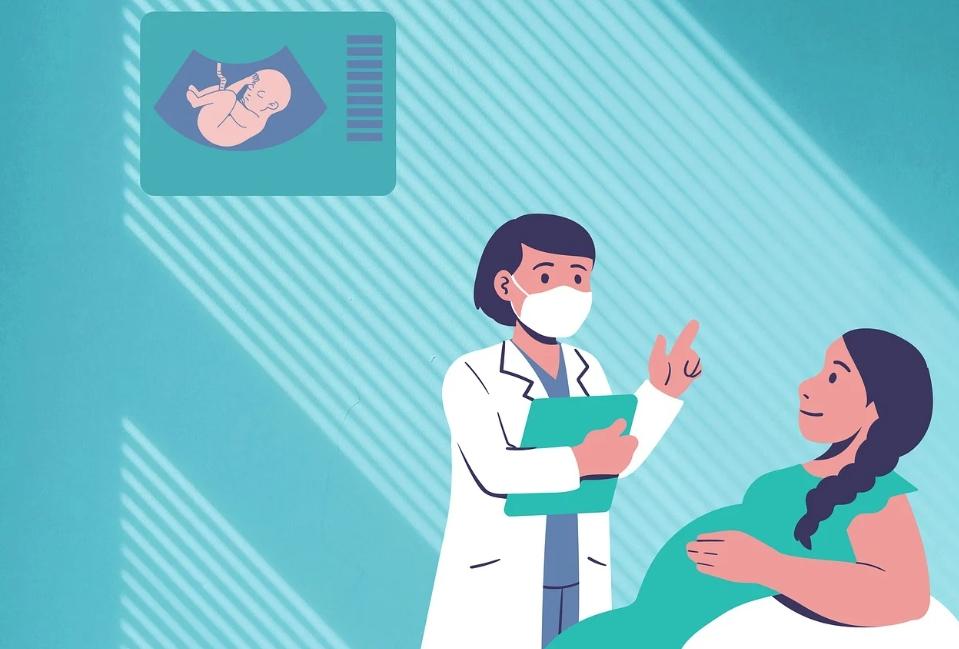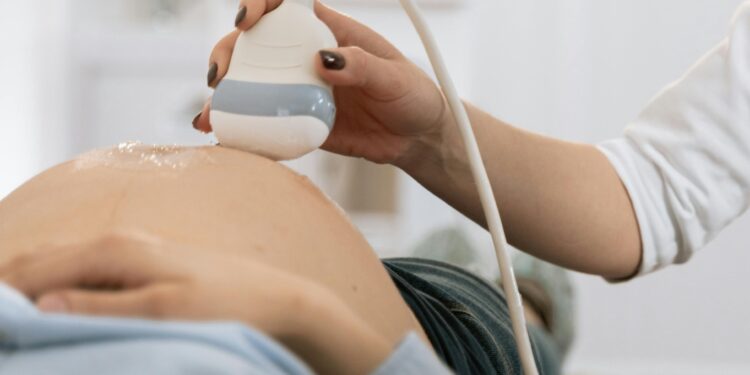When a woman drinks alcohol during her pregnancy, particularly during the first trimester, it affects the baby’s development, resulting in a condition known as Fetal Alcohol Syndrome. This alcohol goes through the placenta to reach the baby. It can cause the child’s cells to stop growing normally.
If a child is born with fetal alcohol syndrome, they may have some noticeable physical features that are impaired such as a smaller head or problems with coordination and thinking. In this post, we’ll look at the diagnosis and treatment options for this syndrome.

Diagnosis of Fetal Alcohol Syndrome
Before we talk about possible solutions for this condition, let’s look at several methods used to determine whether a child has FAS or not. While a baby’s impaired features are signs of whether or not it has fetal alcohol syndrome, they are not the only ones. Sometimes the symptoms of FAS might cause mental harm. As a result, doctors have to check for additional factors such as growth, brain, and nervous system problems.
However, there are two types of diagnosis for Fetal alcohol syndrome: prenatal diagnosis and postnatal diagnosis.
Prenatal Diagnosis: This is a type of diagnosis that’s done before the baby is born. This is a bit tricky because the doctors can’t really see the baby. But they can use things like ultrasound and fetal alcohol syndrome disorder screening.
The thing about ultrasounds is that doctors can’t directly tell if the baby has FAS. All it shows is if the baby isn’t growing well or if the baby has physical abnormalities which can be linked to alcohol exposure.
FASD Screening, on the other hand, uses some screening tools that can assess the risk of FASD depending on how much alcohol the mother drank during pregnancy. Nevertheless, these screenings don’t give doctors a definite diagnosis.
Postnatal Diagnosis: This diagnosis is done after the baby is born. The doctors will check for physical signs and conduct some tests to see how the child is developing mentally and behaviorally.
Are There Any Complications Faced During the Diagnosis of Fetal Alcohol Syndrome?
Yes, that’s because the diagnosis process for Fetal Alcohol Syndrome isn’t straight forward. The symptoms of FAS can be different from one child to another. Not only does FAS have these types of symptoms that affect the child. Other developmental disorders can have similar symptoms which can make diagnosis even more confusing.
Furthermore, fetal alcohol syndrome can sometimes not be recognized until the child is older, when they start having issues with learning and their behavior, other symptoms become noticeable.
Treatment of Fetal Alcohol Syndrome
Behavioral Therapy: Behavioral therapy teaches the child how to manage their emotions and socialize with others. Some therapists incorporate interactive techniques into their behavioral therapy sessions. They may choose to award the child for good behavior during the session to encourage them to continue behaving in that manner. They can also assist the child in developing a routine to control his or her impulsive behavior.
Educational Support: Kids with FAS typically struggle with learning and attention issues. Sometimes, they may find it difficult to follow up on classes which can affect them academically. Kids like these will need special education services like a tutorial to give them the extra boost they need. The tutors can break down their tasks into smaller steps, or use visual aids to help them learn easier.
Medication: Unfortunately, there is no medicinal cure for FAS, but there are some medications that can help the child manage certain symptoms. The doctor may prescribe ADHD medications or antidepressants to help them.
Bottom Line
Finally, managing FAS is a process that continues throughout life. People affected with FAS will need therapy, learning a skill, or getting counseling every now and then. They also need family support on how to handle challenging behaviors.
In addition, as kids with FAS become adults, they may need help transitioning into adulthood which could be through job training, finding employment, or learning daily living skills.

















